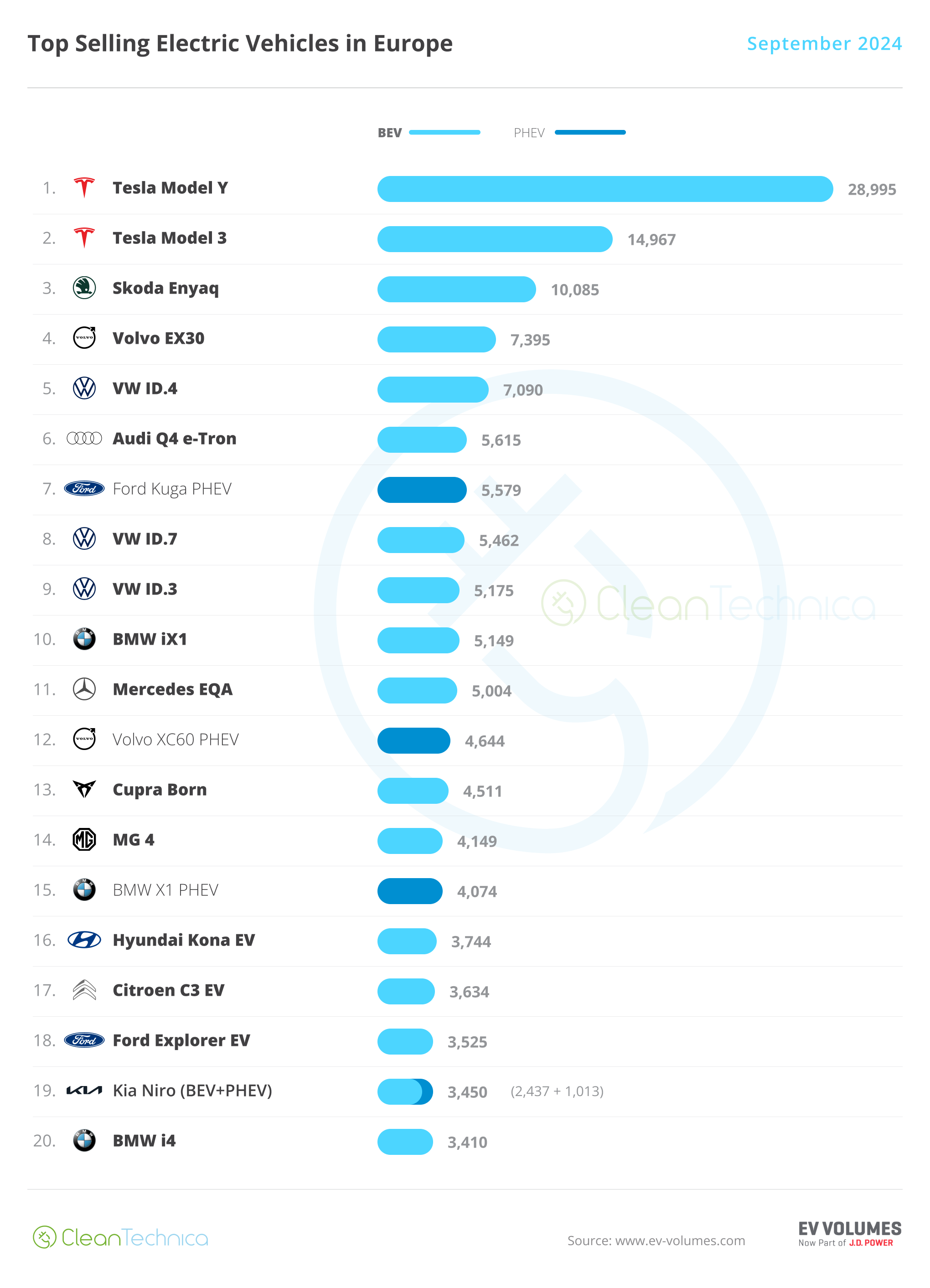
Sign up for daily news updates from CleanTechnica on email. Or follow us on Google News!
Reports came out in the past week that workers building a BYD factory in Brazil were working in “slavery” conditions and were potentially victims of human trafficking. Without a doubt, something horrible was going on. How much BYD knew or didn’t know, we don’t know, but the company has now terminated its subcontractor, Jinjiang Construction Brazil.
“Brazilian authorities have halted the construction of a factory for Chinese electric vehicle (EV) giant BYD, saying workers lived in conditions comparable to ‘slavery’,” BBC reported a week ago. “More than 160 workers have been rescued in Brazil’s northeastern state of Bahia, according to a statement from the Public Labour Prosecutor’s Office (MPT).
“They were allegedly put in a ‘degrading’ environment and had their passports and salaries withheld by a building company.”
That all sounds horrible. I haven’t seen reports of this happening elsewhere with BYD, and I also haven’t seen stories of this happening in Brazil with other companies. That said, this is supposed to be BYD’d first factory outside of Asia, and was supposed to go online in March 2025.
The workers, who have now been moved into hotels, were located at 4 residential locations, but one could not call them homes or even hostels. Reportedly, 31 workers would share a bathroom and they had to sleep on beds without mattresses. “‘Slavery-like conditions’, as defined by Brazilian law, include debt bondage and work that violates human dignity. The MPT added that the situation also constitutes ‘forced labour’, as many workers had their wages withheld and faced excessive costs for terminating their contracts.”
That does effectively sound like slavery, even more so if their passports were being withheld.
A few days ago, the case moved forward. “Chinese workers at a construction site in Brazil for a factory owned by China’s electric vehicle producer BYD are victims of human trafficking, Brazilian labor authorities said on Thursday in a growing controversy in BYD’s biggest overseas market,” Reuters reported.
Two days ago, BYD issued the following statement:
“BYD Auto do Brasil has zero tolerance for violations of human rights and labor laws. We have terminated Jinjiang Construction Brazil, a subcontractor on the Campinas construction project. The company remains steadfast in upholding the highest standards of integrity and responsibility across our entire operation and within our supply chain.
“BYD supports Brazilian authorities in the investigation of Jinjiang Construction and has enacted proactive measures to ensure the affected Jinjiang Construction workers are treated with dignity and fairness, and their rights are safeguarded.
“With over a decade of operations in Brazil, BYD Auto do Brasil is proud of its track record and remains steadfast in its commitment to upholding the nation’s laws and ethical standards.”
That all sounds great, but there’s also indication that BYD knew what was going on. It had reportedly conducted a “detailed review” — for some reason — of the workers’ living and working conditions, and had also asked the construction company on “several occasions” to improve the conditions.
At this point, it’s hard to know how much BYD was accepting and how hard it was trying to improve conditions. According to BYD, it’s the good guy. One has to wonder who first brought the attention of the law onto the bad guy, Jinjiang Construction. Did BYD report it? Or did someone else do so and now BYD is trying to come out in a positive light?
Reportedly, this news has spread widely on Chinese social media and many have claimed construction sites in China resemble what’s been described here.
While authorities try to get to the bottom of this, the country has stopped issuing temporary work visas to BYD.
Almost 20% of BYD’s sales outside of China have been in Brazil this year, and the company is dominating EV sales in the country. It is BYD’s biggest market outside of its home country. We recently covered the company’s launch of the BYD Shark pickup truck there. We also recently covered a new anti-EV policy there. “In an unexpected move, Brazil has recently proposed a “sin tax” on electric vehicles. Traditionally, sin taxes are levies placed on products considered harmful to society, such as tobacco and alcohol. The rationale behind extending this concept to electric vehicles is multifaceted and somewhat controversial,” Clemente Gauer, an EV driver in Brazil, wrote for us.
BYD claims that there’s a nefarious agenda against BYD in Brazil, and also spread a through Chinese media. It would be easier to believe that, though, if there weren’t detailed reports of horrible living conditions and a legal case being brought against them.
We’ll see where this goes and keep you updated.

Chip in a few dollars a month to help support independent cleantech coverage that helps to accelerate the cleantech revolution!
Have a tip for CleanTechnica? Want to advertise? Want to suggest a guest for our CleanTech Talk podcast? Contact us here.
Sign up for our daily newsletter for 15 new cleantech stories a day. Or sign up for our weekly one if daily is too frequent.
CleanTechnica uses affiliate links. See our policy here.
CleanTechnica’s Comment Policy




